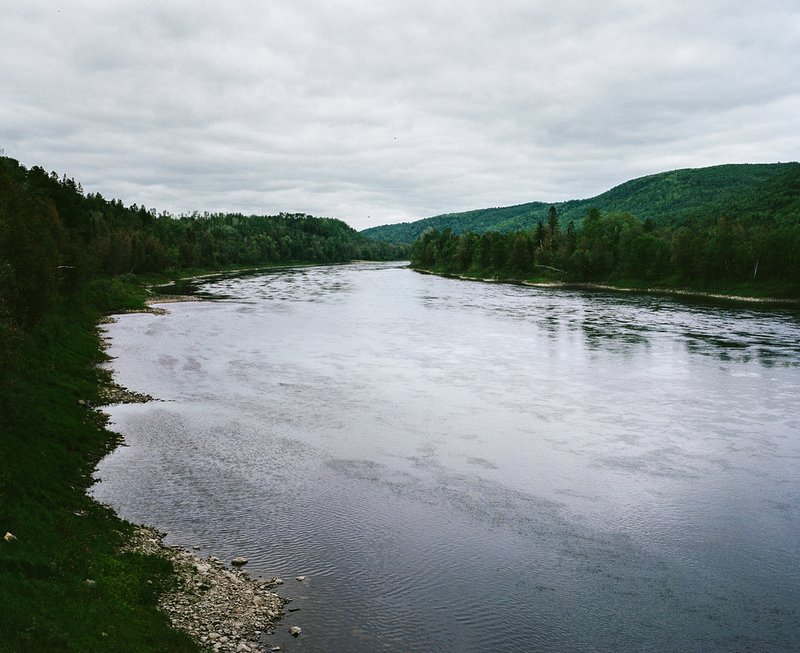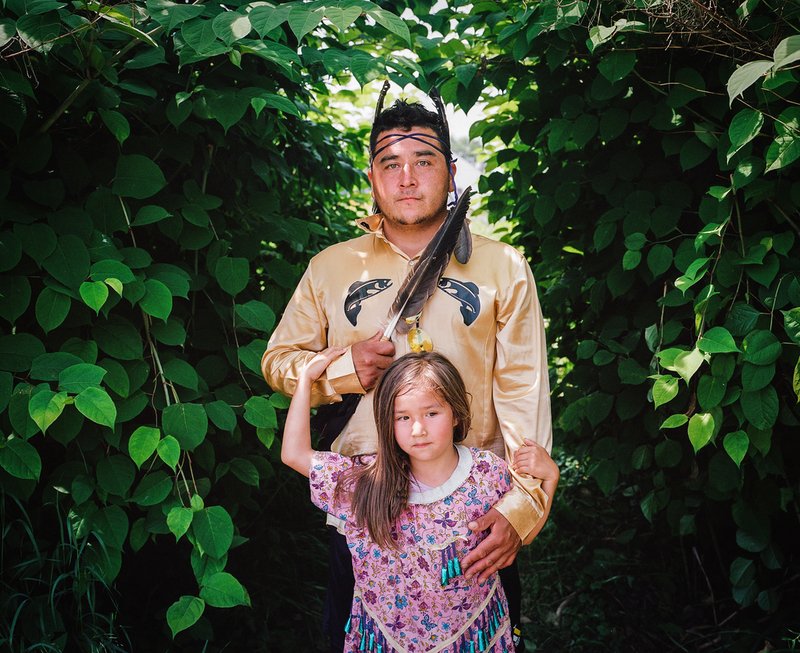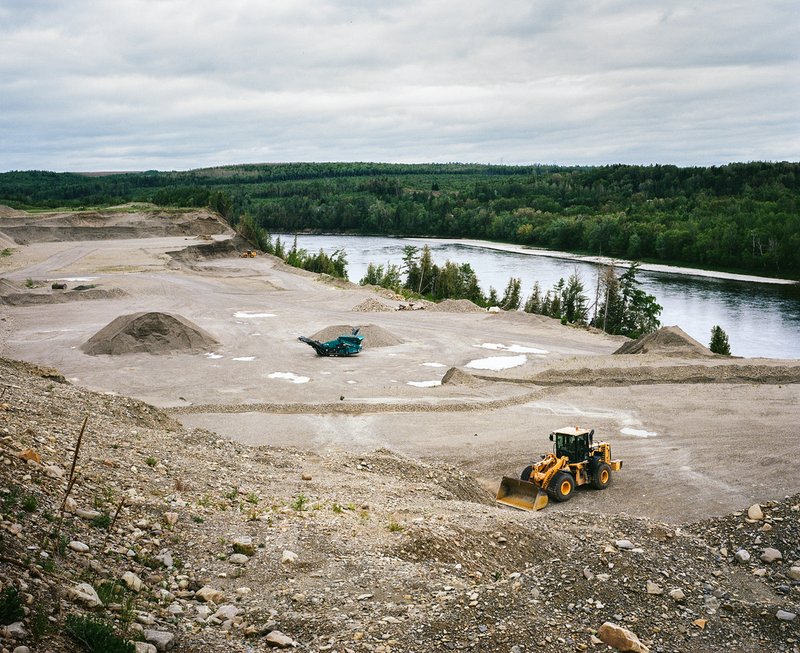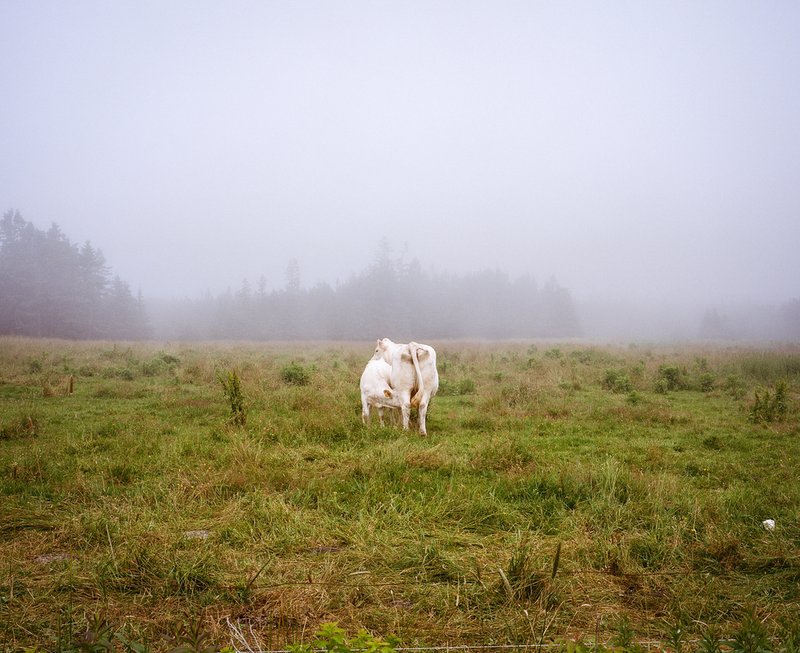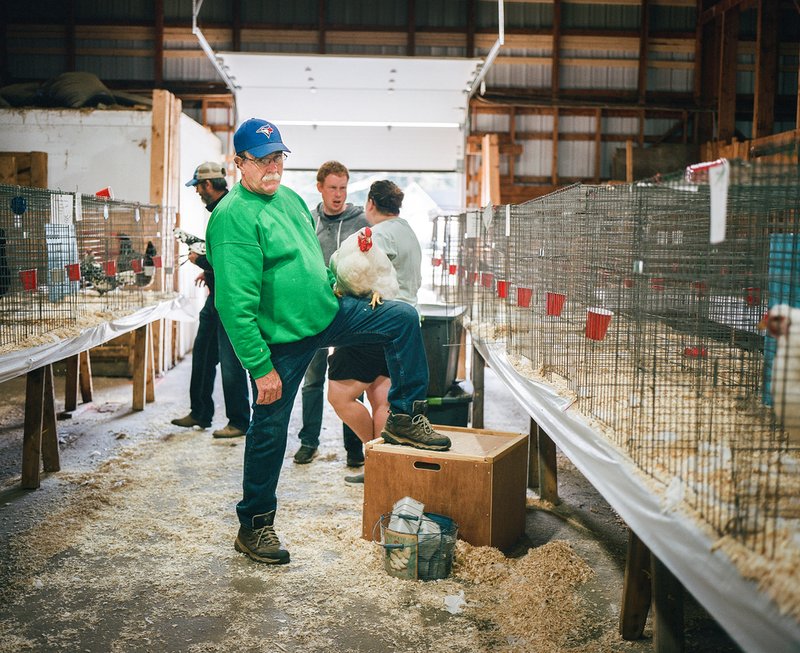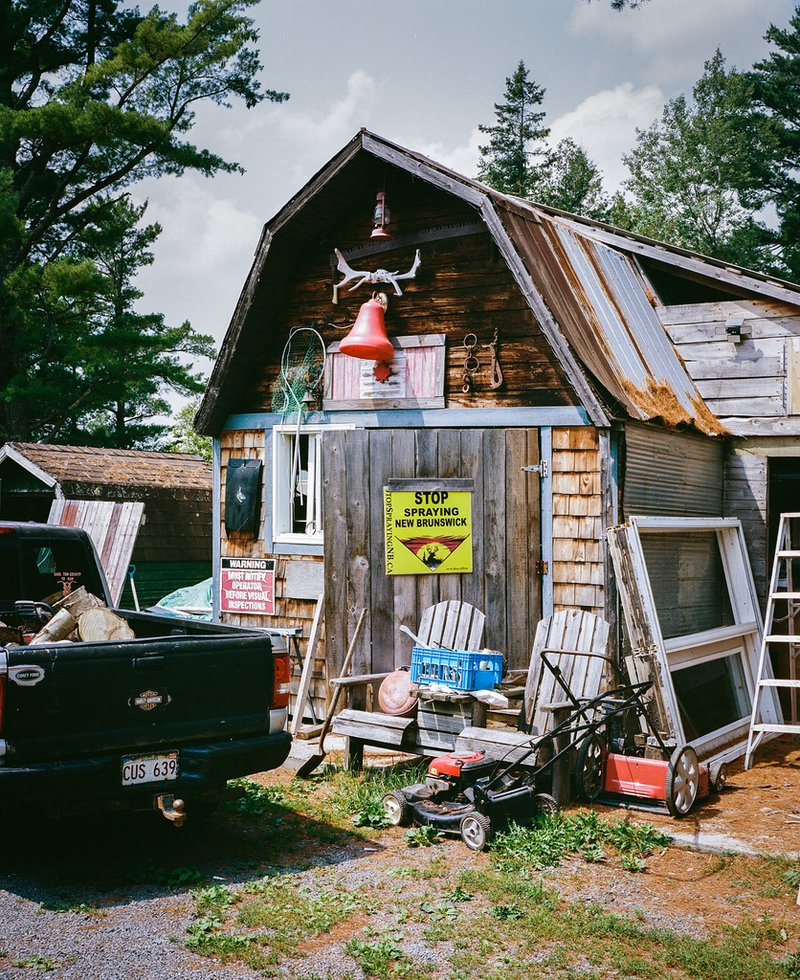Award of Excellence: A River with Three Names
The Wolastoq River seen from near Perth-Andover. At the mouth of the river sits the Irving pulp and paper mill and Canada's largest oil refinery. According to CBC, in 2018, Irving Pulp and Paper Ltd. was found guilty under the federal Fisheries Act related to numerous "significant" instances of effluent discharges from its pulp mill in west Saint John into the Wolastoq (St. John) River over a two-year period. The company agreed to pay $3.5 million in penalties, one of the largest fines levied for environmental crimes in Canadian history.
The Wolastoq (St John) River is a 600-kilometre-long body of water that runs the entire length of the Canadian province of New Brunswick. The city of Saint John sits at the mouth of the river and is the oldest official city in the colonial settler state of Canada. The province in which this historically significant site is situated is a microcosm of colonialism in Canada, a country which is facing a significant moment of reckoning over its colonial past and present which has included apology tours from perpetrators of genocide including the Catholic church and the federal government.In 2020, the Wolastoqiyik (people of the beautiful river) came together to file title claims against both the federal and provincial governments. They said the Wolasotqey Nation never gave up title to its land (more than half of the province) when it signed Peace and Friendship Treaties with the British Crown in the 18th century.
From 1725 to 1779, the Crown entered into treaties with five Wabanaki Confederacy nations, including the Wolastoqiyik, at the time known as the Indians of the St. John River. This treaty did not include any land transfer agreements. The river, which was given its since anglicized colonial name of St-Jean by Samuel-de-Champlain as he sailed up it mouth on St-Jean-Baptiste Day in 1604, is currently under review for a possible return to its original name, The Wolastoq (Beautiful River), after an official request was submitted by the Wolastoqey First Nations Chiefs in 2021. Later that year, the six Wolastoqiyik communities in New Brunswick amended the title claim in court to focus on corporations such as NB Power and forestry giant J.D. Irving, which have exploited resources on their traditional lands for decades. This lawsuit could have significant implications for the future of resource extraction in Canada on unceded Indigenous territories.
The New Brunswick Government subsequently drew national scrutiny when they sent out a communication forbidding their employees from conducting Indigenous land acknowledgements as a result of the lawsuit. This court case will likely take decades, but no matter how the case is decided, this event will be precedent-setting across Canada, a country which has largely built its economy on the basis of resource-extraction on unceded Indigenous territory. In a broader sense, this story asks the question: who has a right to profit off this land which was stolen by colonial forces and sold to industry giants?
The Wolastoq (St John) River is a 600-kilometre-long body of water that runs the entire length of the Canadian province of New Brunswick. The city of Saint John sits at the mouth of the river and is the oldest official city in the colonial settler state of Canada. The province in which this historically significant site is situated is a microcosm of colonialism in Canada, a country which is facing a significant moment of reckoning over its colonial past and present which has included apology tours from perpetrators of genocide including the Catholic church and the federal government.In 2020, the Wolastoqiyik (people of the beautiful river) came together to file title claims against both the federal and provincial governments. They said the Wolasotqey Nation never gave up title to its land (more than half of the province) when it signed Peace and Friendship Treaties with the British Crown in the 18th century.
From 1725 to 1779, the Crown entered into treaties with five Wabanaki Confederacy nations, including the Wolastoqiyik, at the time known as the Indians of the St. John River. This treaty did not include any land transfer agreements. The river, which was given its since anglicized colonial name of St-Jean by Samuel-de-Champlain as he sailed up it mouth on St-Jean-Baptiste Day in 1604, is currently under review for a possible return to its original name, The Wolastoq (Beautiful River), after an official request was submitted by the Wolastoqey First Nations Chiefs in 2021. Later that year, the six Wolastoqiyik communities in New Brunswick amended the title claim in court to focus on corporations such as NB Power and forestry giant J.D. Irving, which have exploited resources on their traditional lands for decades. This lawsuit could have significant implications for the future of resource extraction in Canada on unceded Indigenous territories.
The New Brunswick Government subsequently drew national scrutiny when they sent out a communication forbidding their employees from conducting Indigenous land acknowledgements as a result of the lawsuit. This court case will likely take decades, but no matter how the case is decided, this event will be precedent-setting across Canada, a country which has largely built its economy on the basis of resource-extraction on unceded Indigenous territory. In a broader sense, this story asks the question: who has a right to profit off this land which was stolen by colonial forces and sold to industry giants?
